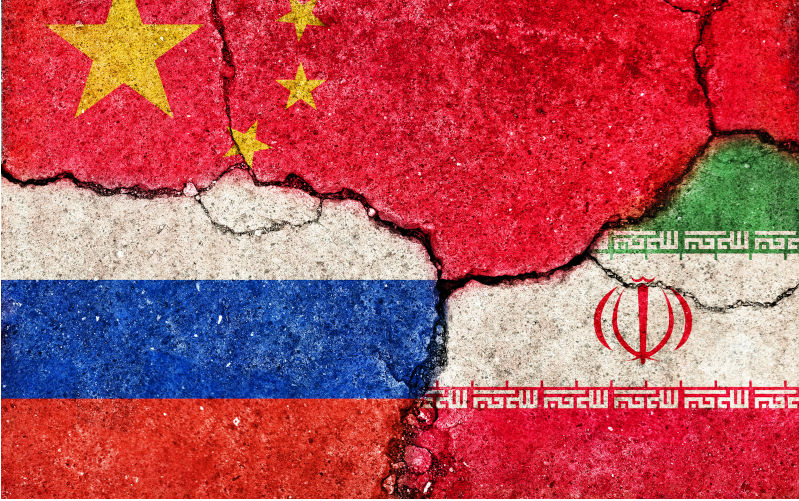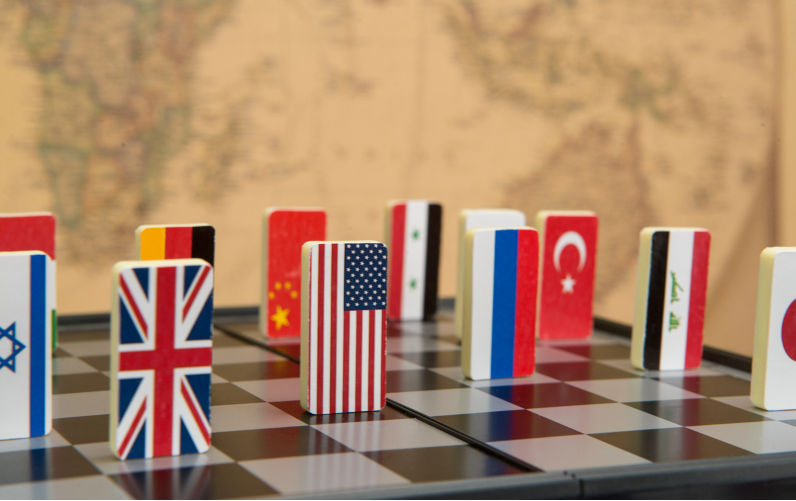
1 July 2025
The contemporary world is run by political dinosaurs facing extinction
An aging generation of mostly male leaders is presently occupying the commanding heights of the most powerful states around the world.

1 July 2025
The superannuation system matures at 12% of wages
Tomorrow, thirty-four years after I nominated a 12% wage equivalent as the appropriate level of compulsory contribution into superannuation, the system finally matures.
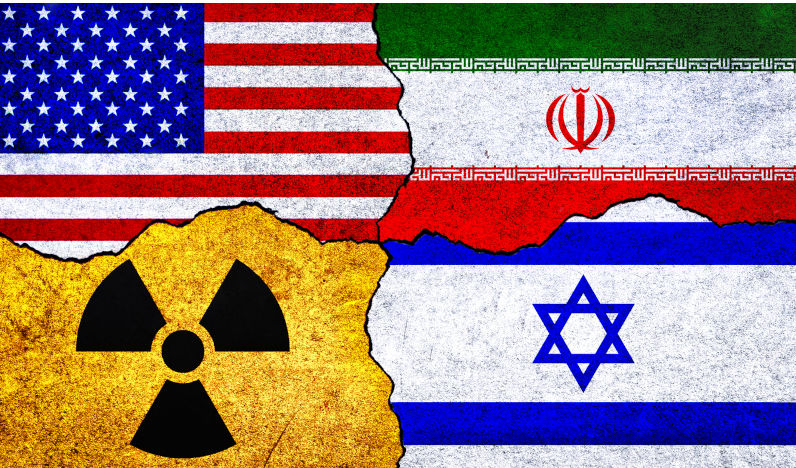
1 July 2025
Bunker busters shook us all
Iran’s grievance, moral or legal, against Israel and the United States over the bombing of nuclear sites is not assisted by the fact that Israel itself is an outlaw with nuclear bombs produced outside the system.

In June, support independent media with a one-off tax-deductible donation
For the month of June Pearls and Irritations is running a fundraising campaign through the Australian Cultural Fund. Your donation will support the development of content for topics of particular of interest to Australia - Palestine, China, Climate Change and Immigration Policy and the development of a Young Writer's Handbook to encourage new young writers.
Please make your tax deductible one-off donation here.
Donate
1 July 2025
NZ cities are getting hotter: Five things councils can do now to keep us cooler when summer comes
Stand in any car park on a sunny day in February and the heat will radiate through your shoes. At 30°C air temperature, that asphalt hits 50–55°C – hot enough to cause second-degree burns to skin in seconds.

1 July 2025
Switching from a failed vape and tobacco policy to a successful one
Australia’s health policy in relation to vapes is in disarray. Yet this deeply flawed approach is currently supported by all state, federal and territory governments.

1 July 2025
AUKUS project has worsened Australia’s ties with China
I have argued elsewhere (Asia Sentinel, 24/5/2025) that five factors could throw the US$245 billion AUKUS deal off balance following the recent decision by Washington to review the deal.

1 July 2025
Murdoch’s News Corp has moved into the mortgage business. Where are the regulators?
If you want to advertise a house online in Australia, you don’t have many options. Just two companies dominate the market.
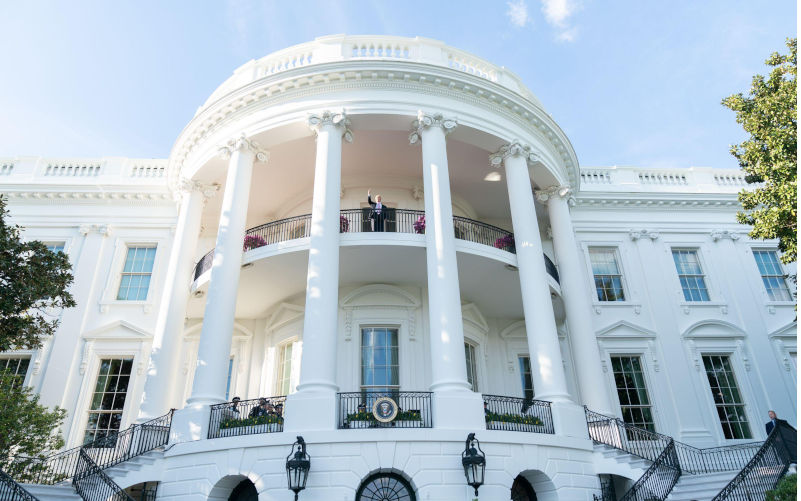
1 July 2025
The obscenity of American preaching
One way to get a robust, comparative fix on how obscene American global preaching about human rights has become is (borrowing a vivid image from Caitlin Johnstone) to imagine what the world might think about a scorching lecture from a Taliban leader on the Western oppression of women and women’s rights.

1 July 2025
Labor’s Left majority: A defining moment
The May 2025 election delivered something quietly historic. For the first time since the 1970s, the Labor Left faction holds a majority in caucus.

1 July 2025
Trump 2.0 alienates Southeast Asia’s next generation
US President Donald Trump’s second term has sent the global economy into a tailspin with a torrent of tariffs announced on 2 April.
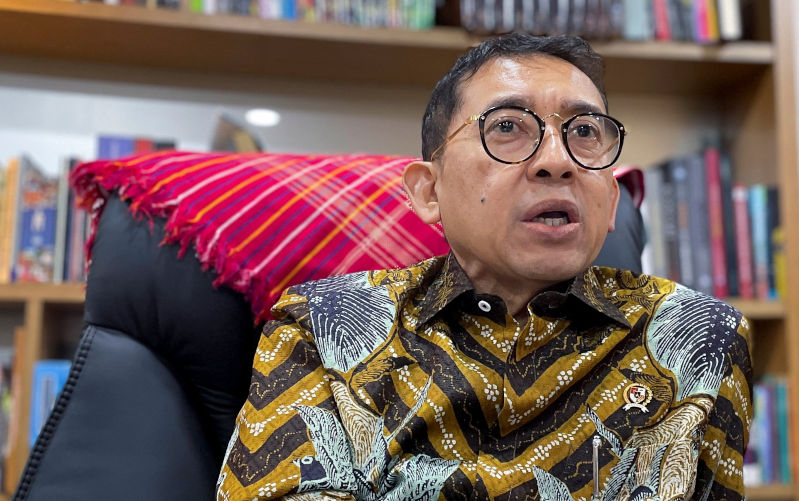
30 June 2025
Scrubbing away the bloodstains, tipping out the truth
Lit lovers argue who first said History is written by the victors. It's sharp enough to belong to Churchill, though earlier and longer versions come from politicians in the US and Germany – including fascist Hermann Göring.
Latest on Palestine and Israel

30 June 2025
Lattouf’s victory, our fight: Standing firm against intimidation
In April 2025, I posted a comment in The Age, sharing how, after 40 years in my Goldstein neighbourhood, I’d never felt unsafe until I was wrongly accused of antisemitism.

29 June 2025
Starvation and profiteering in Gaza (with Francesca Albanese) | The Chris Hedges Report
Francesca Albanese joins Chris Hedges to break down the current starvation campaign in Gaza, and her upcoming report detailing the profiteering corporations capitalising on the erasure of Palestinians.
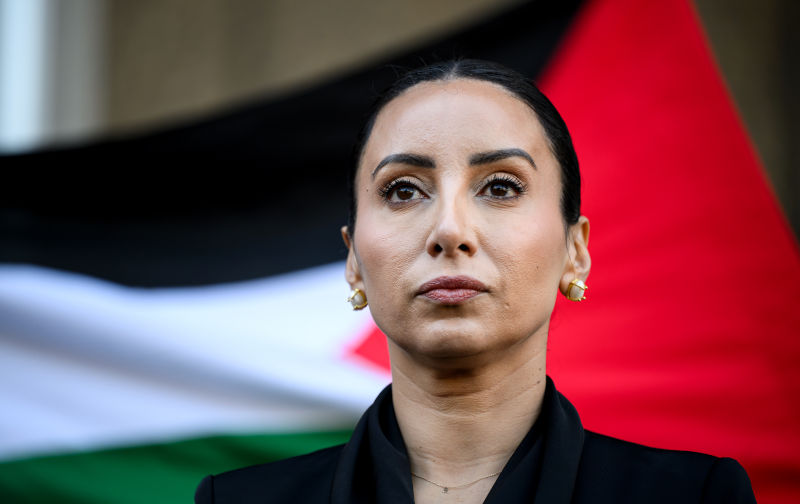
29 June 2025
Three blows against Zionism in a single day
A court ruling in Australia, an election result in New York and a military setback for Israel, all coming last week, signalled a serious turn of events for Zionism and its supporters, writes Joe Lauria.

28 June 2025
The generational divide in the West over the Israeli-Palestinian conflict: from a culture of loyalty to a culture of justice
A deep analysis of the growing generational divide in the West over the Israeli-Palestinian conflict.

27 June 2025
Don't talk or write about Palestine. It's a career killer
The new McCarthyism sweeps through the university sector at a terrifying pace. At the core is conflation of antisemitism with criticism of Israel, spurred on by the pro-Israel lobby that has convinced or recruited governments and large sections of the media.
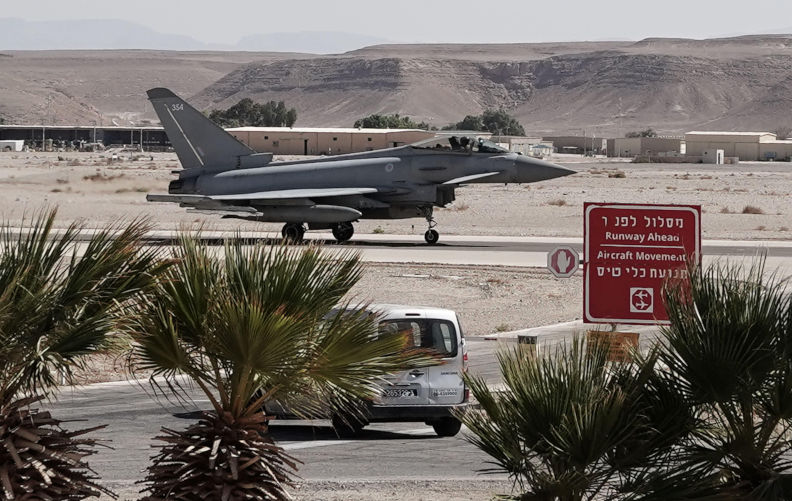
27 June 2025
Beyond complicity: Western accomplices to genocide in Gaza
After decades of unwavering support for Israel’s illegal occupation of Palestine, it seems Western leaders can no longer avert their gaze from the horrific televised images of mass carnage and starvation in Gaza and brutality on the West Bank.

26 June 2025
Lattouf’s win over ABC a big victory for freedom of expression
Journalist and broadcaster Antoinette Lattouf’s win over the ABC in the Federal Court is a significant victory for freedom of expression.

26 June 2025
Israel's 'weaponisation' of food is a 'war crime': UN
It is weaponised hunger. It is forced displacement, said one UN human rights official. All combined, it appears to be the erasure of Palestinian life from Gaza.

Israel's war against Gaza
Media coverage of the war in Gaza since October 2023 has spread a series of lies propagated by Israel and the United States. This publication presents information, analysis, clarification, views and perspectives largely unavailable in mainstream media in Australia and elsewhere.
Download the PDFLatest on China

30 June 2025
China is taking Silicon Valley’s market ‘hacks’ to a whole new level
From blitzscaling to leveraging network effects, China is using the same methods to dominate supply chain and disrupt markets.
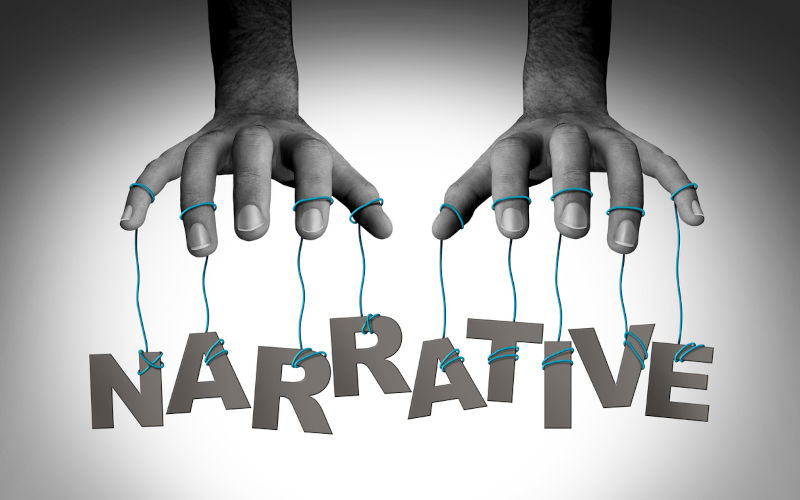
28 June 2025
No time to dye: ABC’s China bias is licensed to kill credibility
The ABC has long held a reputation as Australia’s sober, publicly-funded bulwark against tabloid sensationalism – the broadcaster you turn to when you want analysis, not alarmism.
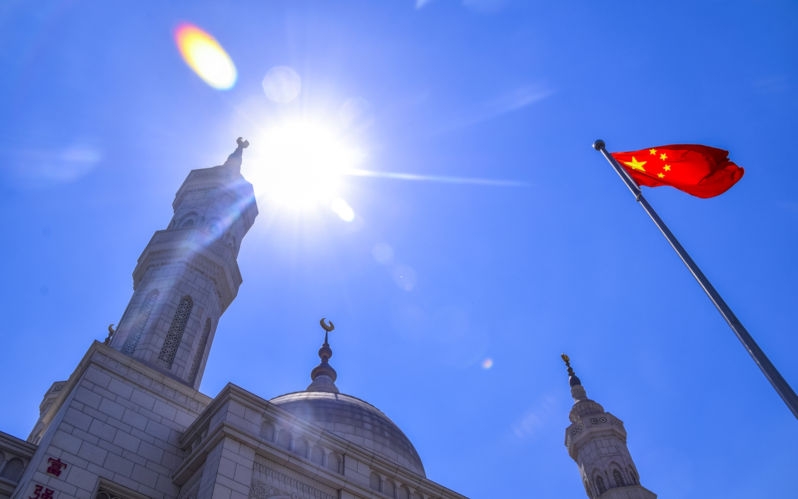
28 June 2025
China’s partnership with Muslim world is redrawing global landscape
Once seen as unlikely partners, this axis is now grounded in respect, sovereignty and a shared aspiration for a post-Western world order.

Support our independent media with your donation
Pearls and Irritations leads the way in raising and analysing vital issues often neglected in mainstream media. Your contribution supports our independence and quality commentary on matters importance to Australia and our region.
DonateMore from Pearls and Irritations
Latest letters to the editor
I’d rather be a Boomer than a Millennial
Maggie Woodhead — Perth, western Australia
Disinformation and extreme weather the greatest risks
Ray Peck — Hawthorn
Taxes, no taxes and no services
Bob Pearce — Adelaide SA
Fitness means best-suited, not strongest
Peter Sainsbury — Sydeny





